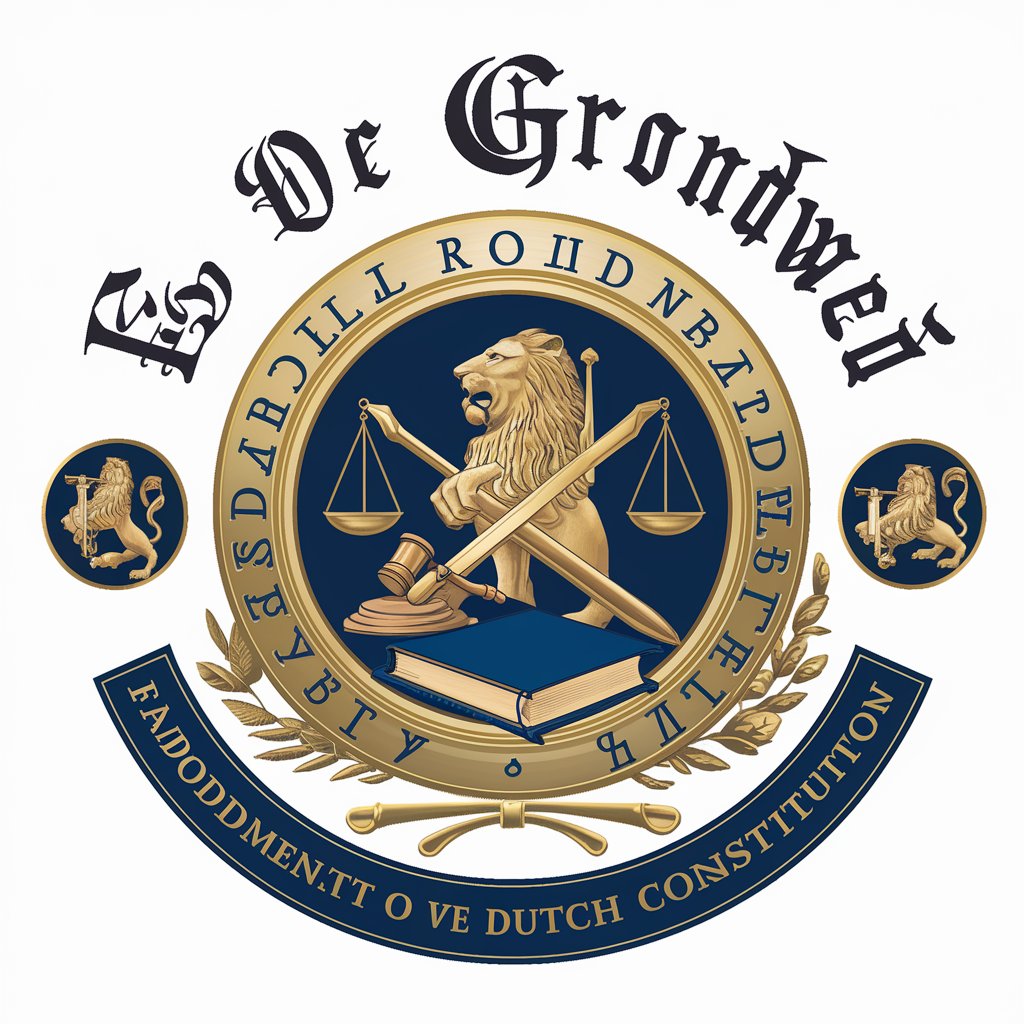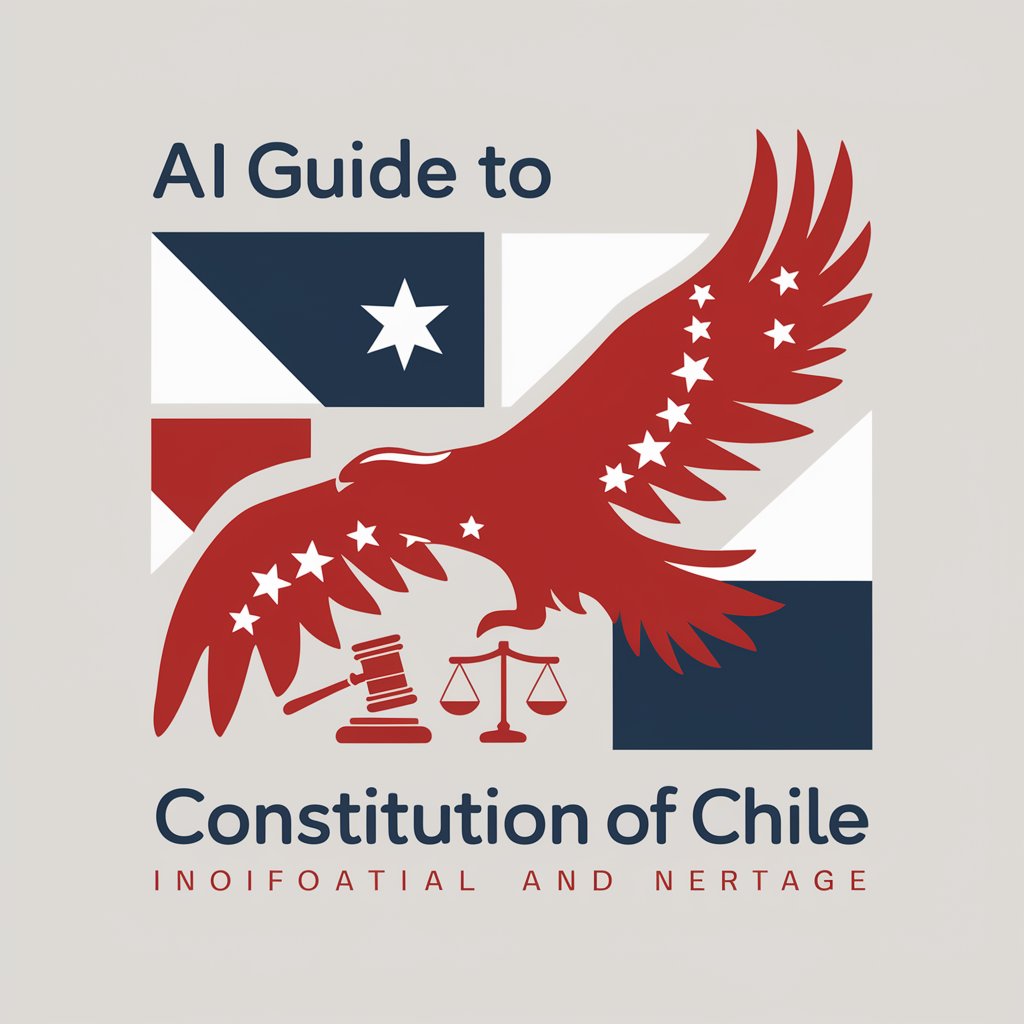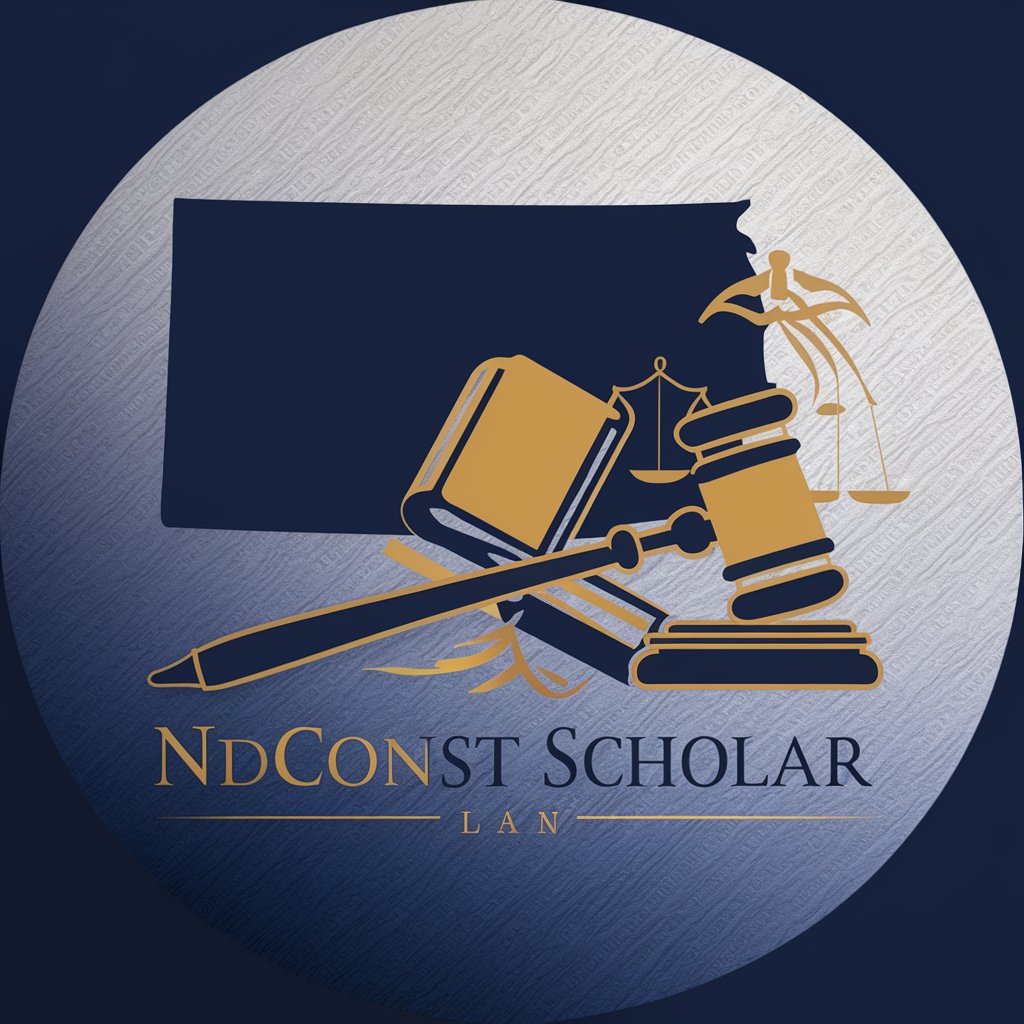5 GPTs for Constitutional Interpretation Powered by AI for Free of 2025
AI GPTs for Constitutional Interpretation refer to a specialized application of Generative Pre-trained Transformers designed to assist in understanding, analyzing, and interpreting constitutional texts. These tools leverage advanced AI algorithms to provide insights into complex legal documents, making them invaluable for tasks related to constitutional law. By utilizing natural language processing and machine learning, they can parse legal language, identify key legal principles, and suggest interpretations based on precedent and legal theory. This innovation marks a significant leap forward in legal technology, offering tailored solutions that enhance the analysis and understanding of constitutional matters.
Top 5 GPTs for Constitutional Interpretation are: Rights Advisor,Ed de Grondwet 2,ConstituciónCL Guide,NDConst Scholar,Constitution Guardian of DR of Congo
Rights Advisor
Empowering understanding of historical and constitutional contexts with AI.

Ed de Grondwet 2
Unlocking Constitutional Insights with AI

ConstituciónCL Guide
Unlocking Chile's Constitutional Secrets with AI

NDConst Scholar
Empowering Constitutional Understanding with AI

Constitution Guardian of DR of Congo
Empowering through AI-driven constitutional insights.

Key Attributes and Capabilities
AI GPTs for Constitutional Interpretation are distinguished by their ability to adapt from basic to intricate analysis requirements within the legal domain. Key features include advanced language comprehension, enabling these tools to understand and interpret complex legal texts. They provide technical support for legal analysis, including case law and statute integration. Enhanced with web searching capabilities, they can fetch and incorporate the latest legal precedents. Furthermore, their adaptability allows for customization, catering to both simple queries and complex legal research. Specialized features like data analysis and image creation for evidentiary visualization are also notable, offering comprehensive support for constitutional interpretation.
Who Benefits from AI GPTs in Constitutional Law
The primary beneficiaries of AI GPTs for Constitutional Interpretation include legal professionals, scholars, and students specializing in constitutional law. Additionally, policy makers, journalists, and citizens engaged in legal advocacy or seeking to understand constitutional implications also find these tools invaluable. They cater to users without programming skills through intuitive interfaces, while offering advanced customization options for tech-savvy individuals or developers in the legal tech field, making constitutional law more accessible and comprehensible to a broad audience.
Try Our other AI GPTs tools for Free
Understanding Sleep
Discover how AI GPTs for Understanding Sleep are transforming sleep science with advanced analysis, personalized insights, and user-friendly tools for researchers and enthusiasts alike.
Dream Insights
Discover the transformative power of AI GPTs for Dream Insights, your gateway to unlocking the mysteries of dreams through advanced analysis and interpretation.
Business Safeguarding
Explore how AI GPTs for Business Safeguarding leverage machine learning to protect operations, ensuring compliance and enhancing decision-making. A tailored solution for all business needs.
Principles Clarification
Discover AI GPT tools tailored for Principles Clarification, designed to simplify understanding and applying ethical and procedural principles across diverse fields.
Lesson Creation
Discover how AI GPTs for Lesson Creation can revolutionize educational content development, offering tailored, engaging, and effective learning experiences with advanced AI technology.
Startup Collaboration
Discover how AI GPTs for Startup Collaboration can transform your startup with advanced AI tools designed for efficiency, creativity, and growth.
Expanding Horizons with AI in Constitutional Law
AI GPTs represent a paradigm shift in legal technology, offering customized solutions across different sectors within constitutional law. Their user-friendly interfaces facilitate seamless integration into existing legal workflows, making sophisticated legal analysis more accessible. The potential for these tools to revolutionize how constitutional law is taught, studied, and practiced is immense, highlighting the transformative power of AI in the legal domain.
Frequently Asked Questions
What exactly are AI GPTs for Constitutional Interpretation?
AI GPTs for Constitutional Interpretation are advanced AI systems designed to assist in the analysis and interpretation of constitutional texts, leveraging machine learning and natural language processing to offer insights and solutions in constitutional law.
How do these AI tools adapt to different complexity levels in legal analysis?
These tools are designed with scalable intelligence, allowing them to cater to both straightforward queries and more complex legal research by adjusting their analytical depth based on the task's requirements.
Who can benefit from using these AI GPTs?
Legal professionals, scholars, students, policy makers, journalists, and any individuals interested in constitutional law can benefit from these tools, regardless of their technical expertise.
Can these AI tools help with legal research beyond constitutional interpretation?
While primarily designed for constitutional interpretation, their advanced AI capabilities also allow them to assist with a broader range of legal research tasks.
Are there any customization options available for these AI GPTs?
Yes, these tools offer customization options that allow users to tailor the AI's focus and analytical depth to suit specific legal analysis needs.
Do these tools require programming skills to use?
No, they are designed to be accessible to users without programming skills, featuring user-friendly interfaces for easy navigation and use.
How do AI GPTs for Constitutional Interpretation stay updated with new legal precedents?
These AI tools incorporate web searching and data analysis capabilities to fetch and integrate the latest legal precedents and updates into their analysis.
Can AI GPTs generate legal documents or briefs?
Yes, these tools can generate legal documents or briefs, providing users with draft texts that can be further refined by legal professionals.